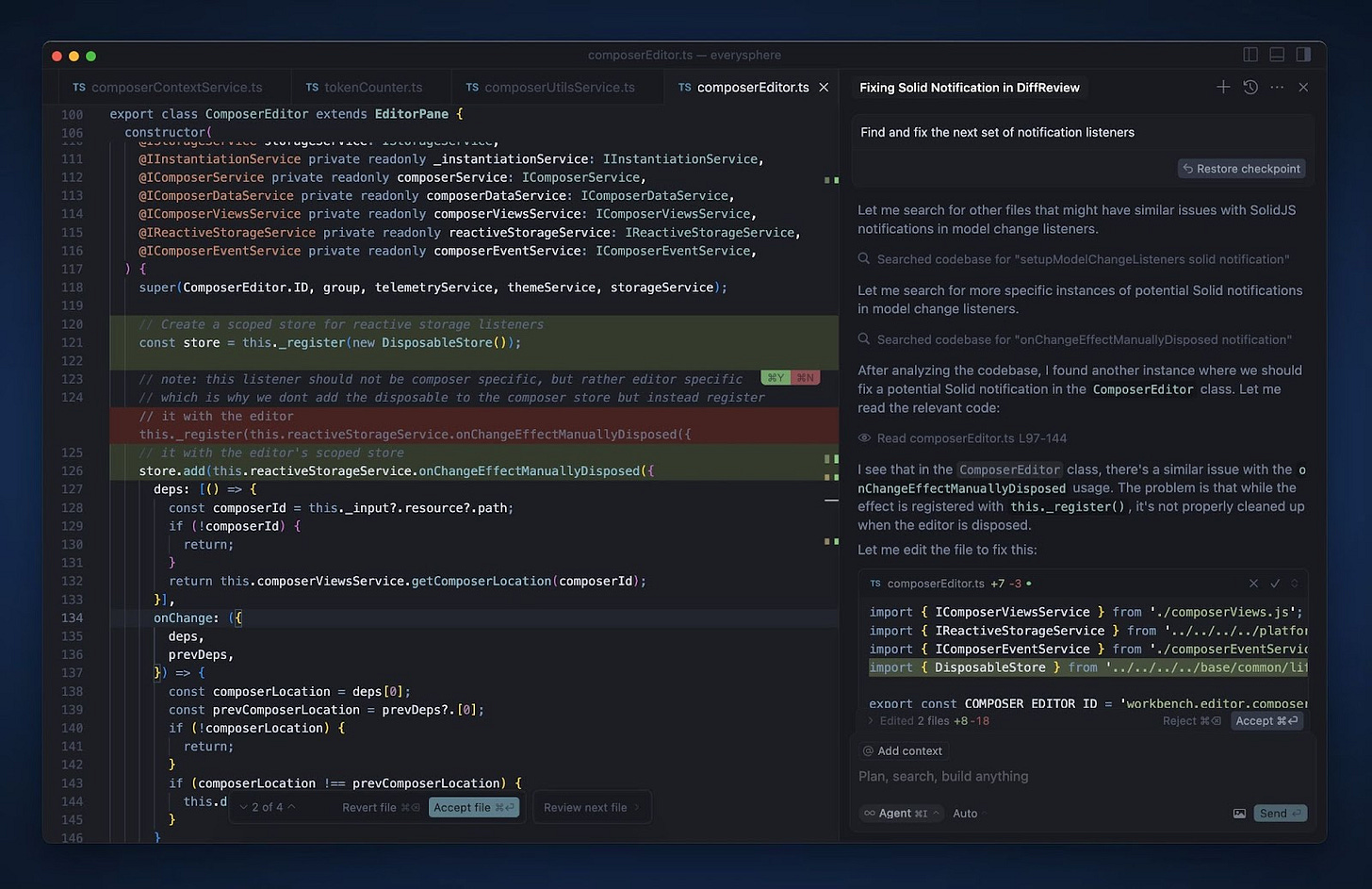Welcome to AI Policy Weekly, a newsletter from the Center for AI Policy (CAIP). Each issue explores three important developments in AI, curated specifically for U.S. AI policy professionals.
Trump Administration Shares Skinny Budget, Requests Big BIS Boost
On May 2nd, the Office of Management and Budget (OMB) outlined President Trump’s discretionary budget request for fiscal year 2026.
This is a “skinny budget,” meaning that it lacks important details—this is common for new administrations, which need extra time to finish their first budget. OMB will share more details in the coming weeks, and Congress will ultimately decide whether to comply with the request when passing appropriations.
According to a White House overview, the skinny budget “maintains funding for research in artificial intelligence and quantum information science at key agencies, to ensure the United States remains on the critical technologies’ development and responsible use.”
The overview also mentions AI investments at the Social Security Administration (SSA) to “increase employee productivity and automate routine workloads.”
A letter from OMB Director Russell Vought spells out the budget request.
If Congress adheres to this proposal, the Department of Energy (DOE)’s Office of Science would lose over $1.1 billion in funding.
Vought’s letter clarifies that this reduction affects climate change research and “maintains U.S. competitiveness in priority areas such as high-performance computing, artificial intelligence, quantum information science, fusion, and critical minerals.”
Similarly, the National Science Foundation (NSF)’s general research and education budget would shrink by nearly $3.5 billion, but “funding for Artificial Intelligence and quantum information sciences research is maintained at current levels”
The National Institute of Standards and Technology (NIST) would lose $325 million. This cut appears to primarily affect climate change work. It’s unclear whether NIST’s AI projects would lose funding.
Meanwhile, the Bureau of Industry and Security (BIS) would receive $122 million more than FY 2025 enacted appropriations, more than a 50% increase, to “protect the Nation’s technological competitiveness and counter threats from China.”
President Trump requested BIS budget increases every year during his first term, but this proposed boost is more than ten times larger than any of his previous requests.
The Center for AI Policy supports this proposal to boost the BIS budget. BIS has the critical responsibility of overseeing U.S. export controls on advanced AI chips, and it needs funding to modernize software and tighten enforcement. We urge Congress to fully fund the President’s budget request for BIS.

Google’s Medical AI Gains Visual Capabilities
Google DeepMind and Google Research recently shared a significant advancement in AI-assisted healthcare with their latest paper on the Articulate Medical Intelligence Explorer (AMIE).
Before, AMIE handled text only, but now the system can analyze images as well, such as skin photos, ECG tracings, and clinical documents.
This enhanced AMIE system leverages Google’s Gemini 2.0 Flash model. In each conversation with a patient, it progresses through three distinct phases: history taking, diagnosis and management, and answering follow-up questions.
Google ran a study where trained patient actors had blinded consultations with both AMIE and board-certified primary care physicians (PCPs) through a synchronous chat interface. Medical specialists then evaluated the quality of these consultations using standardized rubrics.
“Evaluation by 18 specialists revealed superior performance of AMIE relative to PCPs in handling and reasoning about multimodal data on 7 out of 9 axes while displaying similar superior performance in the non-multimodal metrics, including diagnostic accuracy, on 29 out of 32 axes,” the researchers write.
For example, AMIE scored higher than PCPs in “key indicators of consultation quality such as diagnostic accuracy, management reasoning and empathy.”
The paper is yet to pass formal peer review, but the prestigious journal Nature recently published two previous AMIE papers, which built upon Google’s older PaLM 2 model and also demonstrated impressive results.
AMIE’s success doesn’t mean that doctors will soon lose their jobs. But it does exemplify a consistent trend: over time, AI models continue to surpass average human expert performance on new tasks.

AI Coding Assistance Competition Heats Up As Cursor Raises $900M
Software companies are building new coding assistance tools that use large language models to make computer programming easier, offering functions like stronger autocomplete, debugging support, and codebase maintenance.
The trend began with Microsoft’s GitHub Copilot, launched in 2021 and initially powered by OpenAI technology.
In the past year, Anysphere’s Cursor system has emerged as a prominent competitor. Their funding trajectory illustrates their rapid rise: $60 million raised in August 2024 at a $400 million valuation, followed by $100 million at a $2.6 billion valuation just four months later.
More recently, the Financial Times reports that Anysphere has secured $900 million at a $9 billion valuation, representing more than a twenty-fold valuation leap in less than a year.
Meanwhile, Bloomberg reports that OpenAI recently agreed to acquire Windsurf, a Cursor competitor, for approximately $3 billion. Windsurf previously had a $1.25 billion valuation after a $150 million funding round last August.
Bloomberg also reported recently that Apple is partnering with Anthropic to upgrade Apple’s Xcode environment for “vibe coding” with Anthropic’s Claude models.
Overall, these developments highlight how AI capabilities are already a powerful and profitable force in computer programming.

CAIP News
Mark Reddish published an article on Firehouse.com titled “Building Resilience to AI’s Disruptions to Emergency Response.”
ICYMI: We released new model legislation, the Responsible AI Act of 2025. Read a press release here, a two-page executive summary here, a section-by-section explainer here, the full model legislation here, and a policy brief explaining our reasoning here.
From the archives… Last summer, CAIP’s Claudia Wilson and Brian Waldrip hosted an AI policy roundtable at Dakota State University’s Beacom College of Computer and Cyber Sciences. Read their takeaways from the trip here.
Quote of the Week
While Chinese models close the gap on benchmarks, the U.S. maintains an advantage in total compute capacity—owning far more, and more advanced, AI chips.
—Lennart Heim, Compute Team Lead at RAND’s Technology and Security Policy Center
This edition was authored by Jakub Kraus.
If you have feedback to share, a story to suggest, or wish to share music recommendations, please drop me a note at jakub@aipolicy.us.
—Jakub





